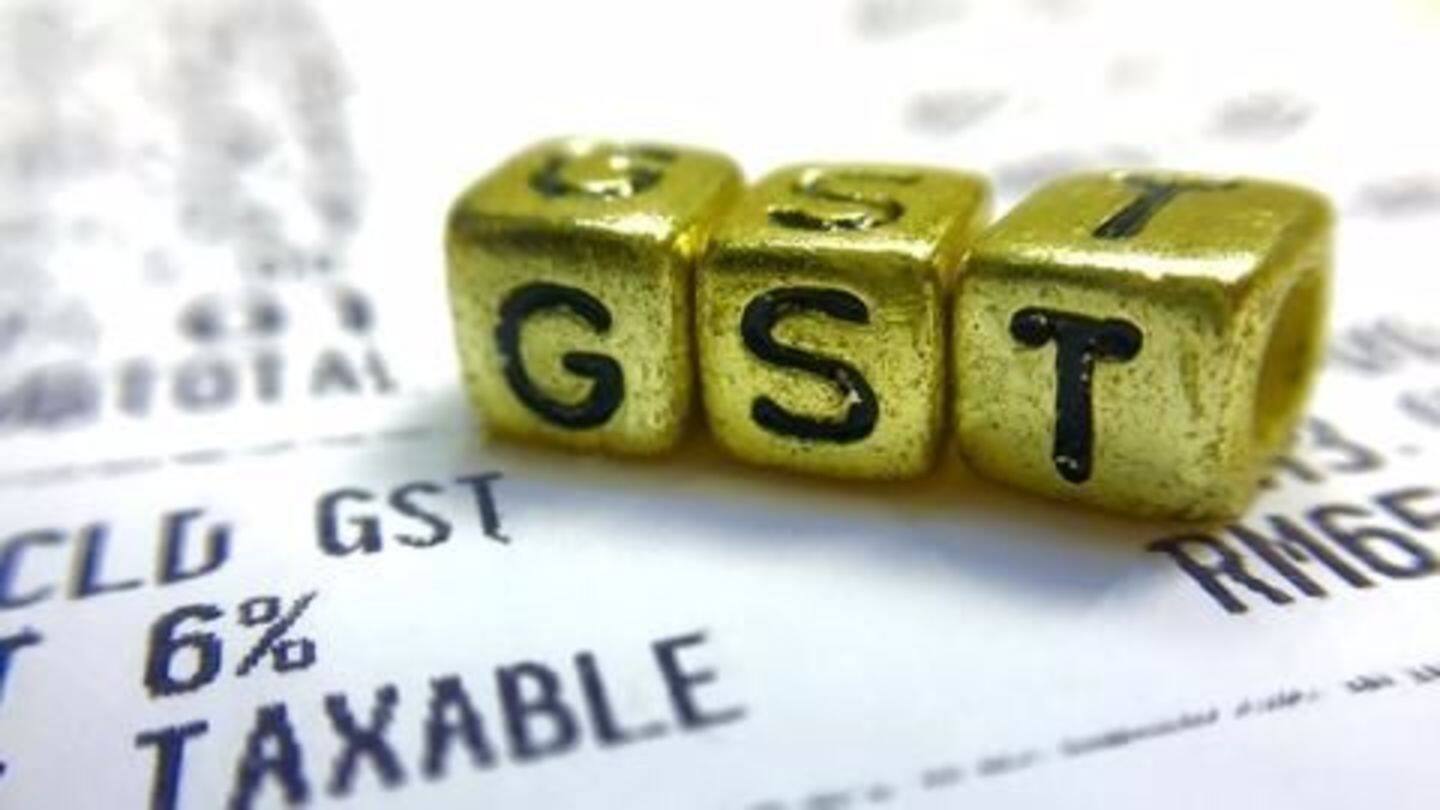
GST taxpayers will now get a performance based rating
What's the story
Under the goods and services tax (GST) slated to begin from July 1, taxpayers will be given ratings. These ratings will reflect their promptness in complying with the rules and whether they have adhered to every aspect of it. It will also be made public. Authorities opine that compliance rating would become an influential factor in choice making due to the below- mentioned reasons.
Determining factor
Influencing the choice of buyers
Under the new regime, invoices from both the manufacturer and the supplier, have to match, for the manufacturer to claim credit for the tax paid. In case there is a standstill due to the same price offered by the suppliers, manufacturers may opt for the one with a better rating as it will mean more ease of doing business.
Website
The one stop destination for GST
Compliance ratings for each of the firms would be made public on the GST Network (GSTN) website. Under the new order of doing business, the entire process of tax return filing and payment are also going to be done online via the said website, which would act as the nodal point of the entire operation that is going to be rolled out soon.
Changing tracks
Rush for input tax credit and better rating
'Input tax credit' is a crucial factor at play when it comes to the working capital of a firm as it is directly co-related to goods bought for manufacturing or reselling purposes. In order to get a proper compliance rating, major manufacturers are working tirelessly to make their suppliers have a smooth transition to the new goods and services tax (GST) regime.
FYI
What is GST and why was it needed
GST is an indirect tax, levied on goods and services with comprehensive set-off benefits from the producer's point and the service provider's point up to the retailer's level aimed at removing tax barriers between states. This was formulated keeping in mind the need for a single unified market, to remove the "tax on tax" at the consumers' end and to have more transparency.
Barriers
Why did GST require a constitutional amendment ?
Earlier, the Centre could tax the services and goods up to production stage, while the states were given the power to tax sale of goods. Similarly, states couldn't levy a tax on supply of services and Centre couldn't levy a tax on the sale of goods. Due to these barriers, constitutional amendments had to be carried out empowering both the state and the Centre.
Effects
Effects GST is expected to have on economy
According, to Arun Jaitley, GST will result in a better tax compliance and will bolster economic growth by almost 2%. It will also be able to garner much-needed funds to bridge the budget deficit. A common citizen will no longer have to be burdened with double taxation imposed by the State and the Centre and the states will also tread carefully.